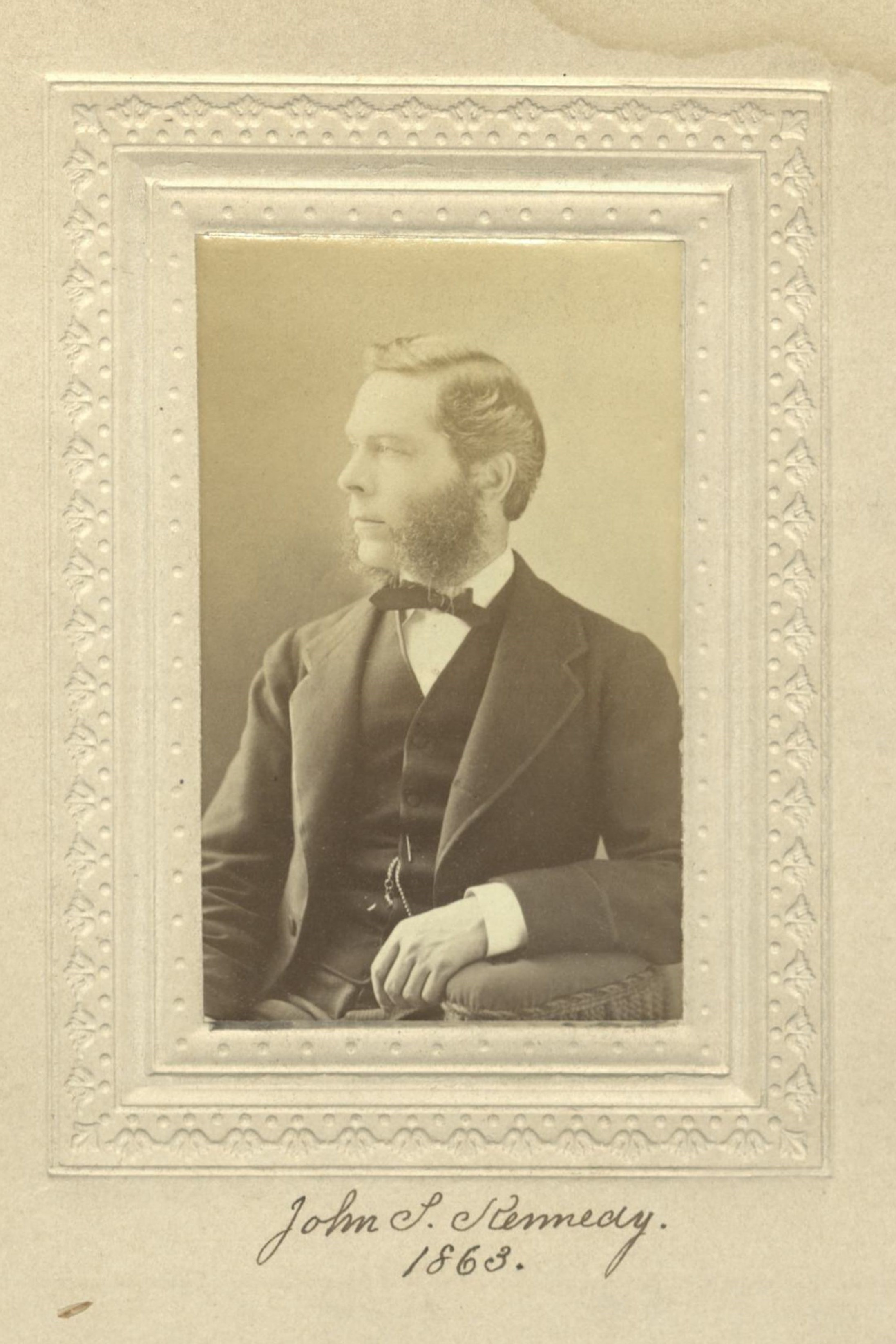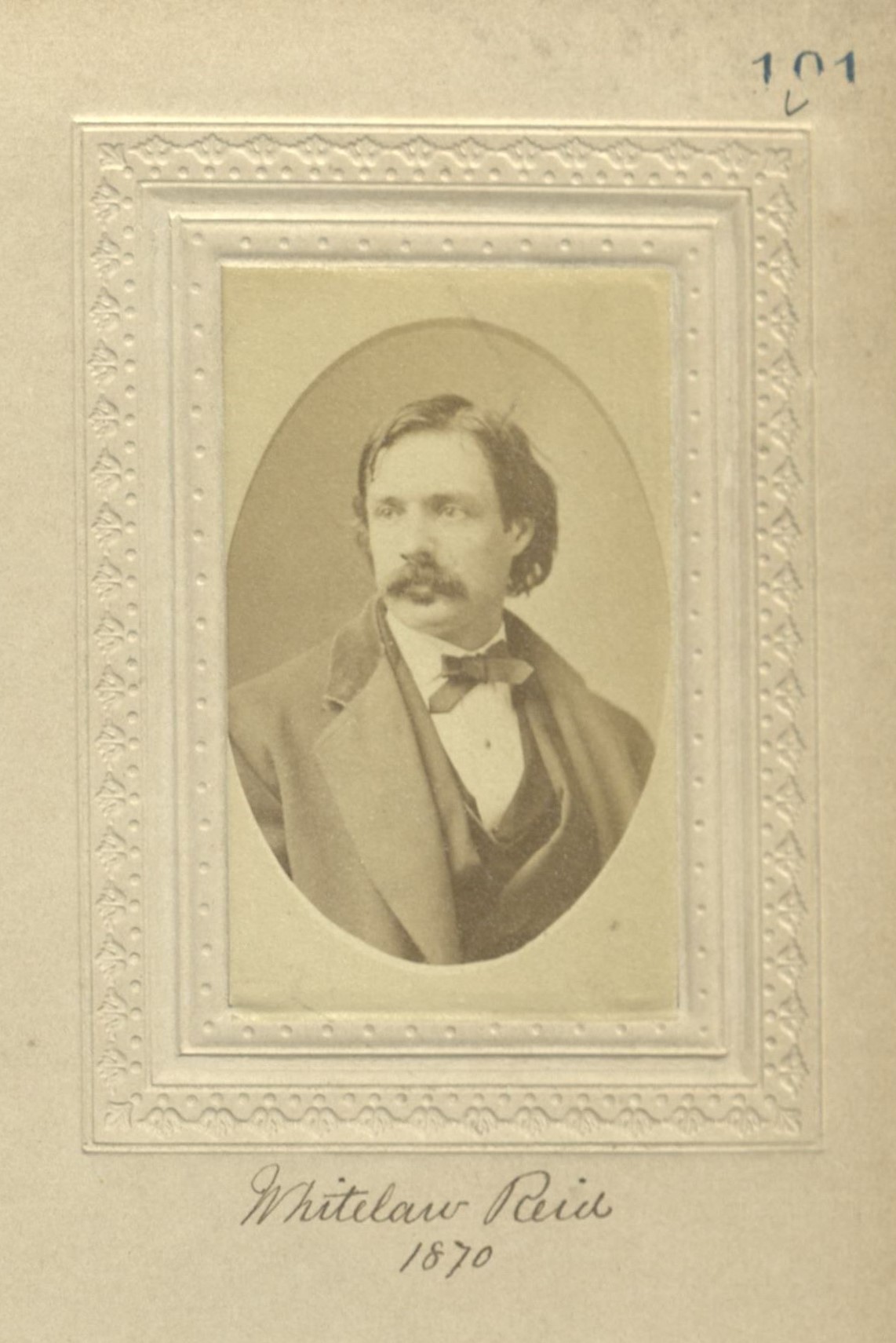Member Directory,
1847 - 1922
William Walter Phelps
Politician/Diplomat/Judge
Centurion, 1873–1894
Charlton T. Lewis, John S. Kennedy, and Whitelaw Reid
New York (Manhattan), New York
Teaneck, New Jersey
Age thirty-four
Simsbury, Connecticut

Century Memorial
The career of William Walter Phelps is an example for young men of fortune and position to follow. Without the spur of necessity to urge him to exertion, he led a life of busy activity in his early professional career, in managing large business interests; and in the field of politics, in which he achieved marked success and merited preferment. Graduating from Yale College in 1860, for nine years he was engaged in the study and practice of the law, until elected to Congress in 1872, when he served one term in the House of Representatives, taking a foremost rank as a debater on the floor.
He was appointed United States Minister to Austria in 1881. Upon the death of General Garfield he resigned his post, and was afterwards elected to Congress for three successive terms, in which he was prominent as a member of important committees and as a leader of the House. In 1889 he was commissioned as Envoy Extraordinary and Minister Plenipotentiary of the United States to Germany, where he rendered important service to his country, and administered his high office to the satisfaction of the country to which he was accredited.
Upon the expiration of his term he was honored by an appointment to the bench of the Court of Errors and Appeals of the State of New Jersey. He held that position when he died.
He was a man of wide knowledge and great capacity in affairs, of abounding and vivacious wit, with originality of thought, and large benevolence. His magnificent estate between the Hudson and Hackensack, consisting of over two thousand acres, was the seat of a generous hospitality and widespread beneficence; and the refinement of his home, with its extensive library and gallery of pictures, unfortunately destroyed by fire a few years before his death, was indicative of the character of the man.
He passed away all too soon in a career so crowned with distinction, and of which the promise was so fair for the future.
Henry E. Howland
1895 Century Association Yearbook




